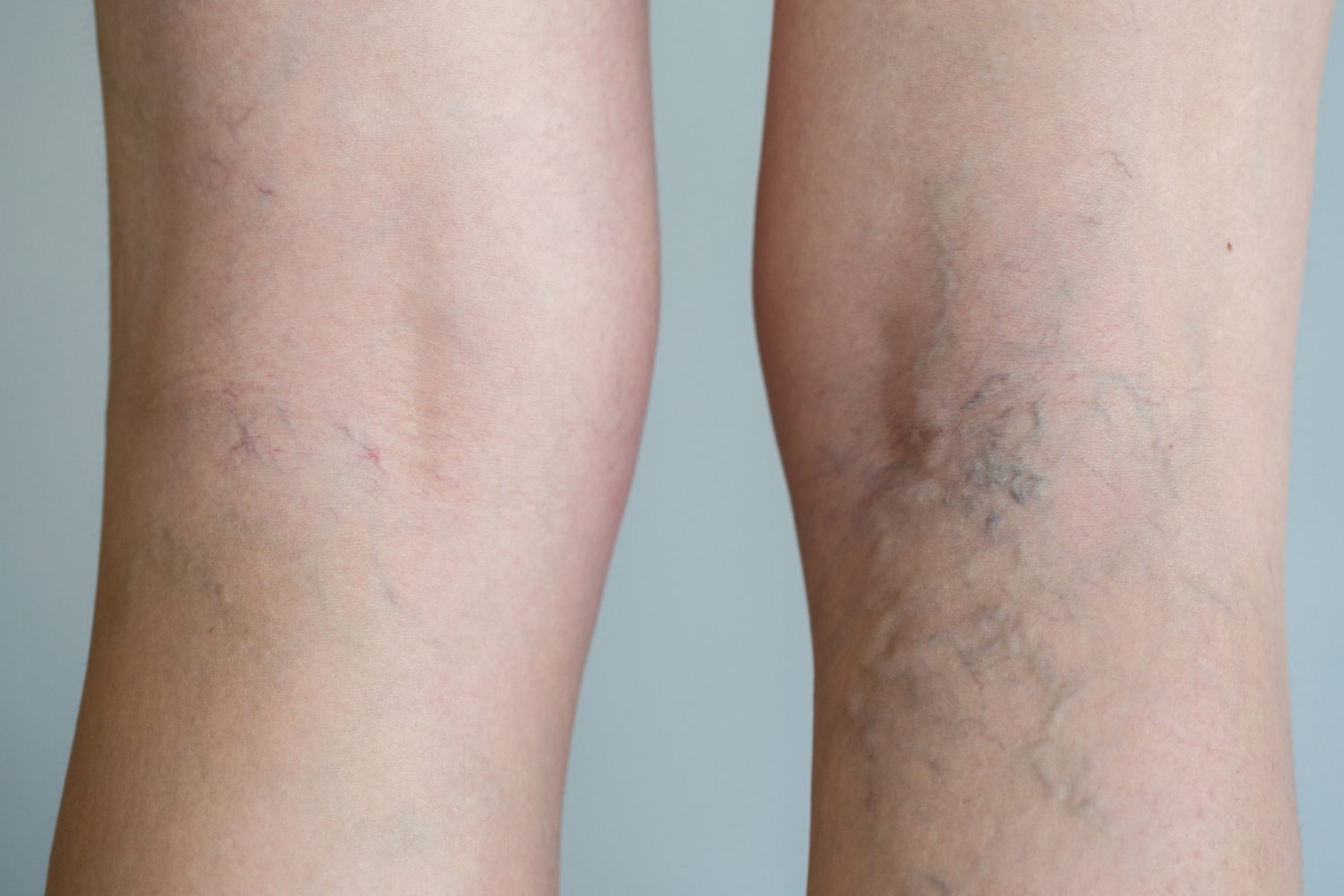Varicose Veins Specialist
New York Medical and Vascular Care
Cardiologists, Vascular Doctors, Podiatrists, Gastroenterologists, Physical Therapists, Pediatricians, Internal Medicine and Family Medicine Physicians Serving Patients in Sheepshead Bay, Marine Park, Flatlands & Midwood, Brooklyn, New York, Astoria Queens, New York, & Manhattan, New York
Get in Touch
"*" indicates required fields

Varicose Veins Q & A
What are varicose veins?
Varicose veins occur due to venous insufficiency. The veins in your legs pump blood back to your heart. However, blood can flow backward and pool if your vein valves don’t close completely. Over time, this pooling causes your veins to swell and become varicose.
Generally, varicose veins are only a cosmetic problem. In some cases, they can point to a more serious health problem like Deep Vein Thrombosis (DVT).
What are the symptoms of varicose veins?
Common symptoms of varicose veins include:
- Large veins that are purple, blue, or green
- Twisted, bulging, or inflamed veins
- Aching or heavy feelings in your legs
- Burning, throbbing, or muscle cramping
- Itching
- Skin discoloration
You might also feel pain following long periods of sitting or standing.
Who is at risk of developing varicose veins?
Varicose veins are a common problem in both men and women, but several factors may increase your risk. For example, you’re more likely to experience varicose veins as you age. This is because getting older causes wear and tear on your vein valves.
Other factors that increase your risk of varicose veins include pregnancy, being overweight, and having a family history of varicose veins.
How are varicose veins diagnosed?
Your provider may request you to take a diagnostic ultrasound. An ultrasound uses high-frequency sound waves to provide images of your veins and vein valves and detects blood clots or other abnormalities.
How are varicose veins treated?
If your varicose veins cause pain and itching, or if they put you at risk of developing deep vein thrombosis, New York Medical Vascular Care might recommend a minimally invasive outpatient procedure like:
- Ultrasound-guided sclerotherapy
- Foam sclerotherapy
- Endovenous laser ablation
- Ambulatory phlebectomy
- High ligation and vein stripping
- Endoscopic vein surgery
These treatments are safe and effective in treating your varicose veins, enabling blood to reroute to healthier pathways throughout your body.
Don’t wait to seek treatment for varicose veins; schedule an appointment at New York Medical Vascular Care by calling the nearest office or booking online today.
Do you experience leg fatigue, cramping, and pain? You might have Peripheral Vascular Disease.
Ask us how we can help today.
